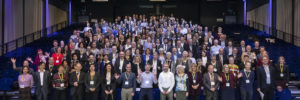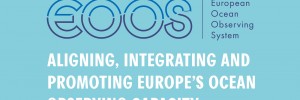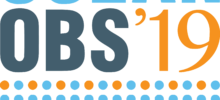
The First International AtlantOS Symposium took place at the UNESCO and IOC headquarters in Paris from 25 to 28 March. The event marked the transition from an EU-funded project to an international programme, the All-Atlantic Ocean Observing System. 170 participants from 29 countries and many pan-European initiatives expressed a joint will to further integration, data… Read more »
























































